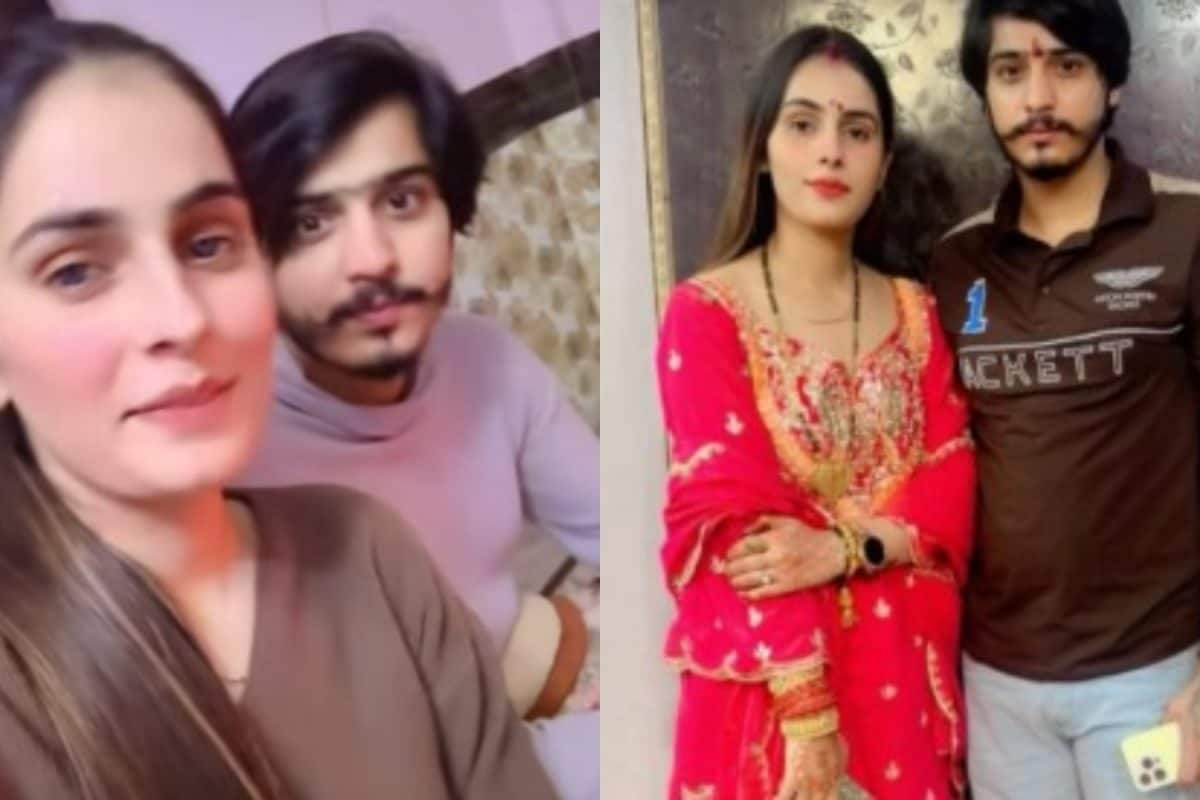

In the wake of a tragic incident in Greater Noida, Uttar Pradesh, where a 28-year-old woman named Nikki Bhati died from severe burn injuries, a social media post purportedly made by her husband, Vipin Bhati, has surfaced, adding another layer of complexity to the case. Vipin Bhati has been arrested on allegations of setting his wife ablaze over dowry demands.
The Instagram post, made hours before Vipin's arrest, contained the unsettling message in Hindi: "Why didn't you tell me what had happened? Why did you leave me? Why did you do this? The world is calling me a killer, Nikki". He further wrote that he was being wronged since she left. In a separate Instagram story, he shared a video featuring Nikki, their son, and himself smiling, accompanied by the caption: "I am devastated. I am left with nothing". These posts seemed to imply that Nikki had taken her own life, a claim vehemently disputed by her family.
Nikki's death occurred on Thursday, and videos circulating show her being assaulted, with her hair pulled by Vipin and another woman, believed to be his mother. Additional footage depicts Nikki ablaze, limping down the stairs before collapsing.
Nikki's sister, Kanchan, and the couple's son have both stated that Nikki was set on fire by her in-laws. Kanchan, who is married to Vipin's elder brother, alleged that both sisters had been subjected to regular torture for dowry, with demands reaching 3.6 million rupees. She recounted a harrowing experience where she was also assaulted and told that it would be better if she were dead. According to Nikki's son, his mother was set ablaze with a lighter.
Authorities have named Vipin's parents and brother in the murder case and are currently trying to locate and apprehend them.
This is not an isolated incident involving social media and accusations of murder. In a separate case in Madbury, New Hampshire, a mother named Emily Long, who allegedly shot her husband and two children before taking her own life, had been posting on TikTok about her struggles with mental health and her husband's terminal cancer diagnosis. In her videos, she spoke about feeling depressed and wanting to create normalcy for her children. Similarly, in 2013, Derek Medina confessed to murdering his wife and posted a photo of her body on Facebook. He then posted a status update proudly announcing that he was the one who killed her.
These cases highlight the disturbing trend of individuals using social media to express themselves or provide a certain narrative in the face of violent accusations. The contrast between the social media portrayal and the alleged crime creates a jarring disconnect, leaving investigators and the public to grapple with the complexities of the situation.